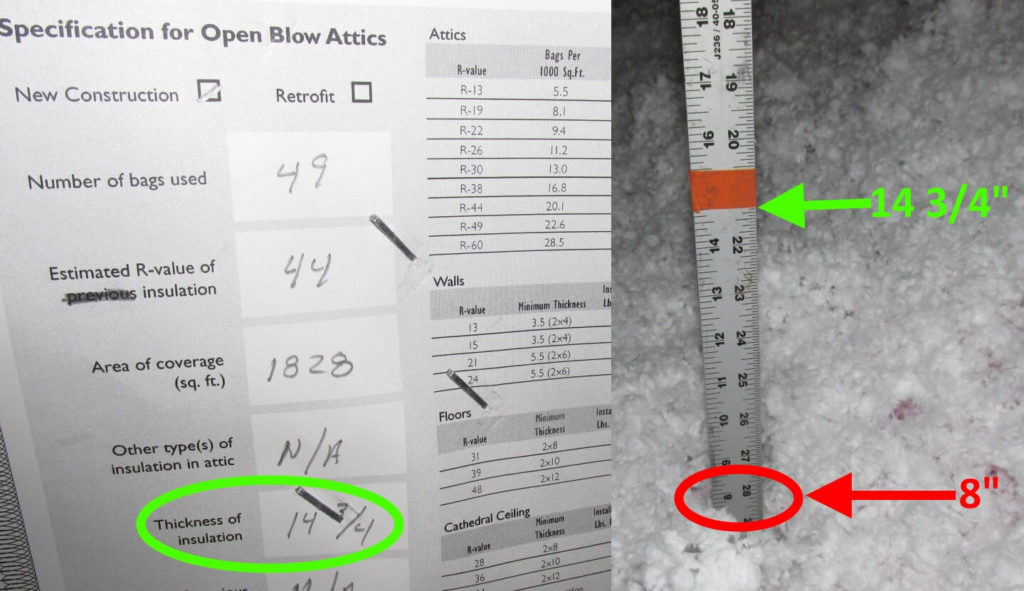By: Renee Morad
There are tons of benefits that come with owning a second home: novelty and adventure, a place to escape and unwind, an opportunity to create memories that last a lifetime, a valuable tool to make vacation-craving friends like you a whole lot (for better or for worse).
But there’s another benefit that’s often overlooked: the tax breaks.
You already know that owning a home usually offers some tax deductions. But what if you own two? Or three? What if you’re a regular Donald Trump (back in his real estate, meat magnate heyday, of course)?
Since we know you won’t mind a little extra cash to spend while soaking in your surroundings during your next getaway, we thought we’d tell you how to reap the fruits of your second-home purchase.
1. Mortgage interest—yes, again
When it comes to owning a second home, the interest on your mortgage is deductible. The same rules that come with writing off mortgage interest for your first home apply to your second.
In fact, you can write off as much as 100% of the interest you pay on up to $1 million of debt, which includes total debt taken on to pay for both homes, as well as money spent on improving the properties. (That’s not up to $1 million for each property—just up to $1 million in total.)
2. Home improvements
Is your second home a fixer-upper? If you want to spend the off-season making improvements to your hideaway, you can deduct the interest on a home equity loan or line of credit.
But there are a couple of exceptions.
For starters, there will be a limit on the amount you can deduct if the home equity loan on your main or second home is more than $50,000 if filing single or $100,000 if married or filing jointly.
Second, the amount you can deduct has a limit if the mortgage is more than the fair market value of the home, says Gil Charney, director of The Tax Institute at H&R Block.
For example, let’s say a taxpayer has a mortgage of $220,000 and takes out a home equity loan of $65,000. The property’s fair market value is $275,000. Since the difference between the fair market value and the mortgage is $55,000, then $55,000 of the home equity loan can be deducted, not the full $65,000.
3. Property taxes
You can also deduct your second home’s property taxes, which are based on the assessed value of the home. That’s good news. Even better news? Unlike the mortgage interest tax deduction, there’s no dollar limit on the amount of real estate taxes that can be deducted on any number of homes owned by the taxpayer.
But beware: Taxpayers who can afford two homes are likely to land in a higher tax bracket—which means slimmer pickings for tax savings. For example, in 2016, a married couple whose gross income exceeds $311,300 would have limits on the types of itemized deductions they could take.
4. Renting out your home
If you rent out your second home for 14 days or less over the course of a year, that rental income is tax-free—and there’s no limit to what you can charge per day or week. Score!
But if you’re hoping to put your secondary digs on Airbnb or another rental site for more than 14 days during the year, be prepared to do some heavy math come tax time.
5 Tax Benefits of Owning a Second Home – Real Estate News and Advice – realtor.com
You’ll want to figure out the number of days you rent your home and divide that by the total number of days your home was used—whether it was you or a renter staying there. (The total number of days that the home was vacant doesn’t fall into this equation.)
For instance, let’s say you rented out your vacation home for 30 days within a year, and vacationed in your home for 90 days.
We’ll divide 30 (the days you rented it out) by 120 (the total number of days the home was used). The result: 25% of your rental-related expenses—which could range from utilities to the cost of a property manager—can be deducted. Now, if your home is losing value, that same percentage (in this example, 25%) of depreciation costs can also be deducted.
Here’s the caveat, Charney explains: Depreciation costs can be deducted only if there is rental income remaining after taking into account other deductions, such as mortgage interest, property taxes, and direct expenses tied to renting your home—like agent fees or advertising.
5. When it’s time to sell
Maybe you bought a far-off hideaway that you’re lucky to visit a couple of times a year. Or perhaps your vacation home is just a quick drive away, and you spend every possible moment there.
If it’s the latter—and you don’t already know which of your homes is your primary residence and which is the second home—now’s the time to figure it out. Distinguishing between the two can have big tax implications when it comes time to sell.
That’s because a capital gain of up to $250,000 (or $500,000 for taxpayers who are married/joint filers) on the sale of the principal residence may be excluded from taxable income.
Your principal—or primary—residence is the home you used most during the five years prior to the sale. But other factors—such as your job’s location, voter registration address, and banking location—could also come into play. Among other requirements, you must own and use that principal residence for at least two of the five years before the home is sold.
We know—that’s a lot of heavy stuff to take in. But you knew your second home would pay off in more ways than one, right? Now, hurry up and file your tax return—so you can escape to your happy place and forget about burdensome things. Like taxes.







